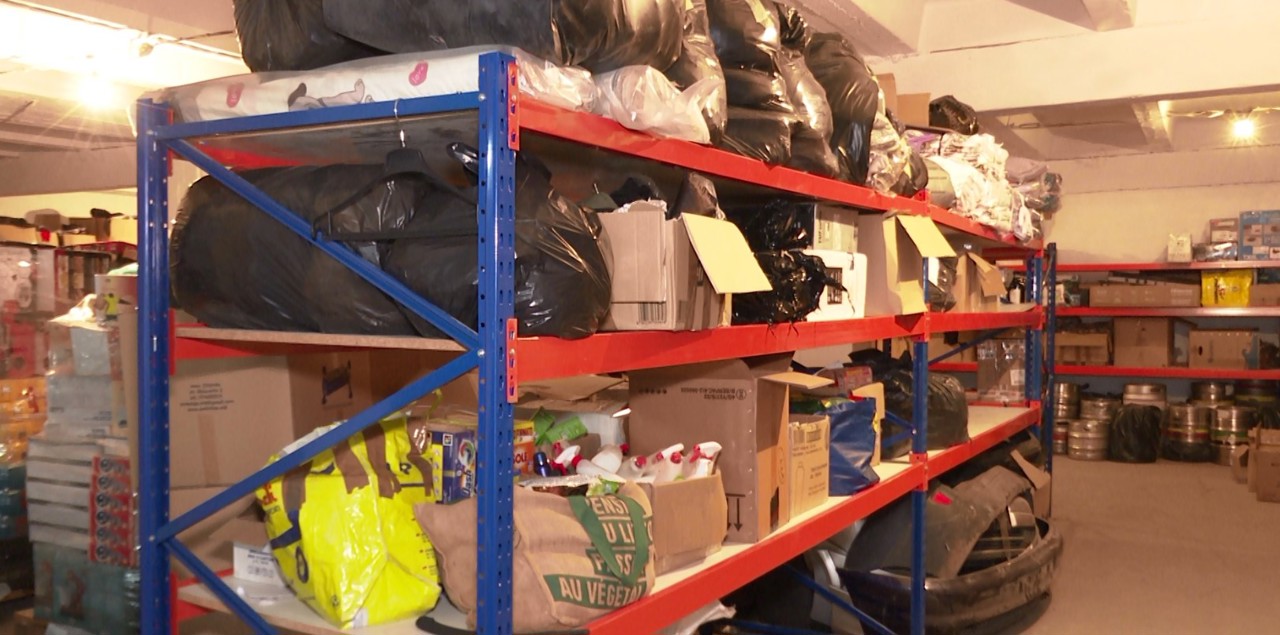Customs seizures: What you need to know about declaring goods
An increasing number of goods are being confiscated by customs officers for not being declared by citizens when entering the country.

Once confiscated, these goods are stored in the institution’s warehouses, sometimes for up to three years. The Customs Service reports that the majority of confiscated goods consist of clothing items.
Most of the goods are clothing items. These can be kept until a final court ruling is issued. According to officials, the products that are stored are either in large quantities or of high value.
Small but valuable items such as phones, watches, and jewelry are stored in a safe. As a result, those who acquire expensive items but fail to declare them at customs risk having them confiscated.
In addition to the safe, the warehouse also contains refrigerators for storing confiscated food items.
“We store perishable items until their fate is determined. In the fridge, we have cheese and red caviar—both undeclared and brought across the customs border,” said Radu Procopciuc, Chief Inspector at the Customs Service.
Therefore, the fate of confiscated goods depends on the court’s ruling.
“If the confiscation of illicit items is ordered, they are transferred to the State Fiscal Service, which will then decide whether to sell, recycle, or destroy them, depending on the type of products confiscated,” clarified Radu Procopciuc.
The majority of undeclared goods from individuals or businesses are clothing items, consumer goods, food products, and used auto parts.
“Most goods are found in vehicle trunks, minibuses, or in makeshift storage spaces. All goods exceeding a total value of 430 euros must be declared when crossing the border, except for those intended for personal use,” said Andrei Șeremet, Deputy Head of Anti-Fraud at the Customs Service.
According to Customs Service data, goods worth 38 million lei were seized last year.
Translation by Iurie Tataru




